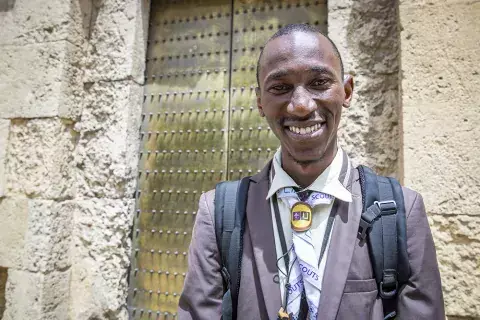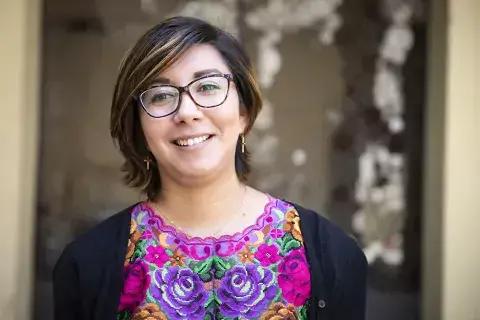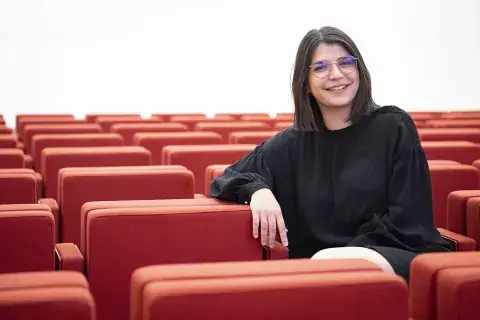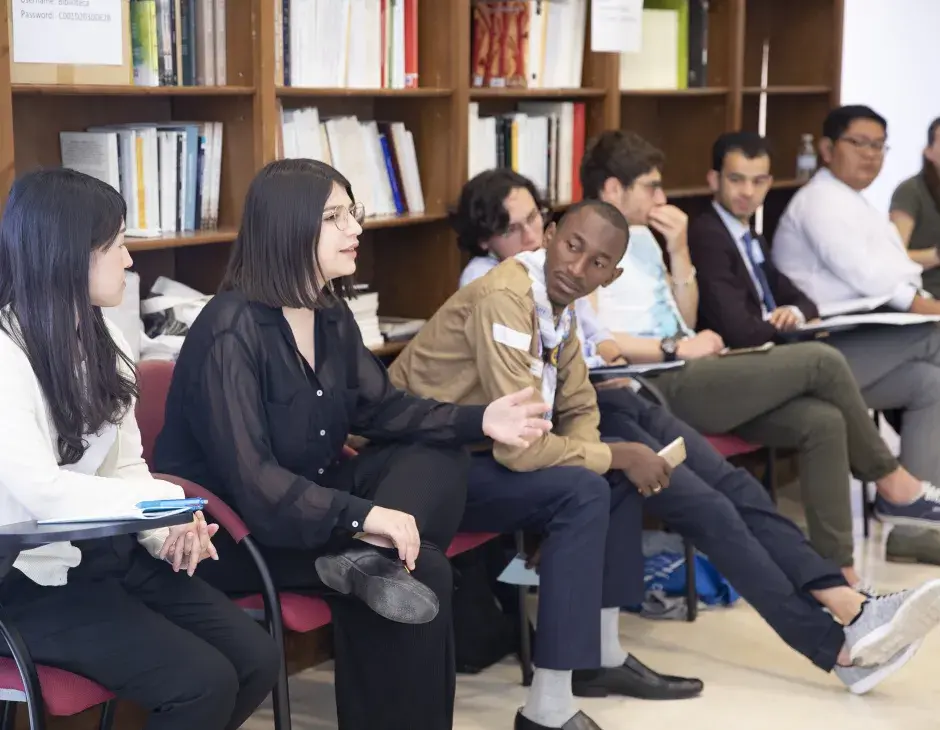Ahead of the 2019 Cordoba Forum, KAICIID brought together 30 young men and women from 17 countries for an intensive training in dialogue and facilitation skills and to set the agenda for the upcoming Cordoba Forum. We caught up with them and found out what motivates them, and what they feel is the most pressing issue of their generation.
Noor Diab, Lebanon
Noor is a member of the World Youth Alliance and works at the Norwegian Refugee Council in Lebanon teaching displaced children and training teachers and counselors to support young refugees from Syria in Lebanon. Noor studied mathematics, but decided to move to the humanitarian sector because she wants to help people. To her, the most important challenge facing her generation is access to education.

Razan Farhan Alaqil, Saudi Arabia
Razan works with Salam for Cultural Communication and is a youth activist and a social media influencer who passionately believes in youth empowerment. As a member of the largest youth generation in history, she feels that dialogue is key to building a strong foundation of understanding to create a better future. To Razan, education and dialogue are essential in empowering young people to address the issues of their generation.

Mahaman Bassirou Adamou Dade Raphael, Niger
Rafael is a young leader within the Scouting movement working to empower youth to be peacebuilding agents in his home country of Niger. To face issues like displacement, conflict and farmer-herder disputes, he trains people of Niger in leadership, nonviolent communication and migrant support and leads projects to prevent radicalisation and terrorism among youth.

Isela Carrasco Reyes, Mexico
Isela is a young journalist and PhD candidate at the University of Cordoba. In her home country of Mexico, she worked as a radio journalist promoting peace and hope against the conflict that plagues her country. She strives every day to help people learn to forgive, and she feels that only through dialogue with ourselves will we be able to overcome conflict and make a positive change.

Floraine Jullian, France
Floraine comes from interfaith family: her father was a Catholic priest and her mother is Jewish, which inspires her to promote interreligious dialogue and understanding. Floraine is currently finishing her studies in international relations and will soon be travelling the world in search of stories of dialogue and coexistence through her organization, Coexister. She believes that diversity is a strength, and that it can be empowering in overcoming issues in our society and in living together peacefully.


